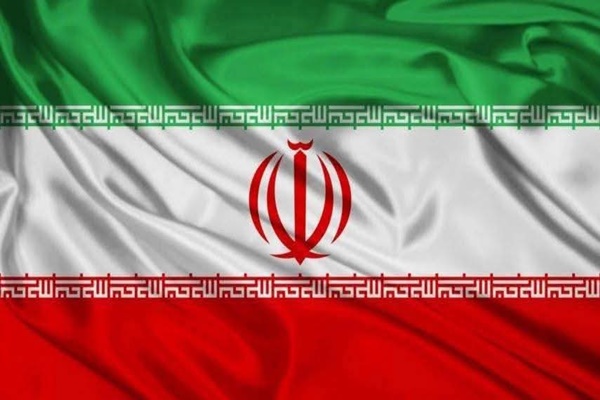Tehran, June 23, 2025 – In a significant move that could further destabilize the already fragile security situation in the Gulf region, Iran’s parliament on Monday passed a resolution approving retaliatory measures against the United States following its airstrikes on Iranian nuclear facilities.
The parliamentary measure, backed by an overwhelming majority in the Islamic Consultative Assembly, recommends the closure of the Strait of Hormuz, a critical maritime passage through which an estimated 20% of the world’s oil supply flows. While the final authority to enforce such action lies with Iran’s Supreme National Security Council, lawmakers said the resolution was a symbolic yet strategic declaration of Iran’s readiness to respond “forcefully and proportionally” to what they called Washington’s “illegal and provocative aggression.”
The development comes just 48 hours after the United States launched coordinated strikes on Iran’s underground nuclear facilities in Fordo, Natanz, and Isfahan. The operation, codenamed Midnight Hammer, was carried out using B-2 stealth bombers and submarine-launched Tomahawk missiles. U.S. officials maintain the strike was a pre-emptive measure to thwart Tehran’s alleged advancement toward a nuclear weapon—claims which Iran has consistently denied.
Speaking on the floor of the parliament, key legislators described the U.S. attacks as an assault on Iran’s sovereignty and security. “The United States must face consequences. We are no longer in the era of one-sided bullying,” said Mohammad Bagher Ghalibaf, Speaker of Parliament. “Closing the Strait of Hormuz is not just a military tactic—it is a message that Iran will not tolerate existential threats.”
Although Iran’s parliament lacks the authority to enact foreign or military policy directly, the resolution places political pressure on the government and signals broad institutional support for more aggressive retaliatory action.
The U.S. has responded with sharp warnings. Secretary of State Marco Rubio described any attempt to block the Strait of Hormuz as “economic suicide” and promised that American naval forces would act decisively to maintain freedom of navigation in international waters. “Iran would do well to consider the full ramifications of further escalation,” Rubio stated at a press briefing in Washington.
International concerns are mounting over the potential global fallout. Energy analysts warn that even a temporary disruption in the Strait could send oil prices skyrocketing, rattle global markets, and deepen inflationary pressures in already strained economies.
Tehran has not yet taken concrete steps to block maritime access, but its foreign ministry says “all options are on the table.” Foreign Minister Abbas Araghchi, currently in Moscow for strategic consultations, has stated that Iran is reviewing coordinated responses in partnership with Russia and other allies.
In the meantime, Iran has launched limited missile attacks targeting Israeli military positions but has yet to directly strike American assets. However, Iranian armed forces remain on high alert, and the Islamic Revolutionary Guard Corps (IRGC) has signaled readiness for broader operations if further U.S. actions occur.
The final decision on whether to implement the parliamentary proposal rests with Supreme Leader Ayatollah Ali Khamenei, who chairs the Supreme National Security Council. The coming days are expected to be critical as Iran weighs its options between escalation and diplomacy.
As tensions rise in the Gulf, global stakeholders are urging de-escalation, but with both Tehran and Washington hardening their positions, the threat of a broader conflict remains a looming reality.
